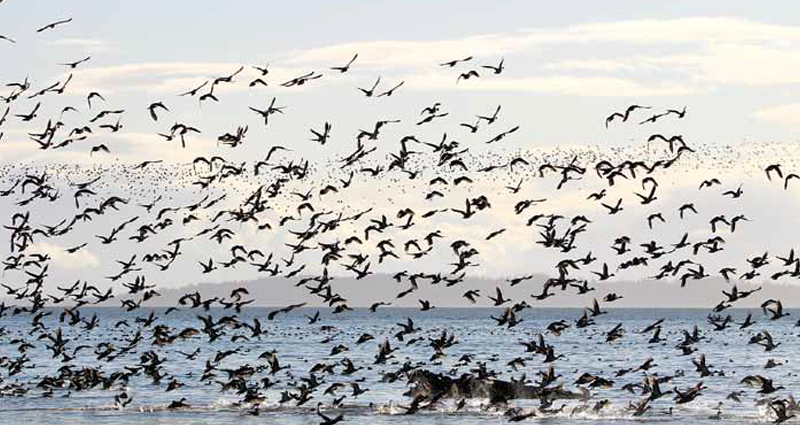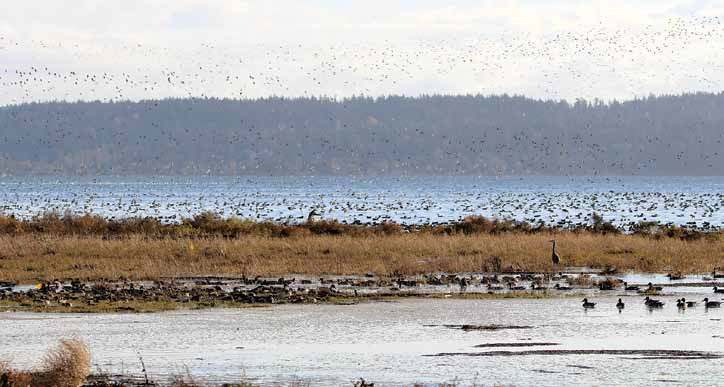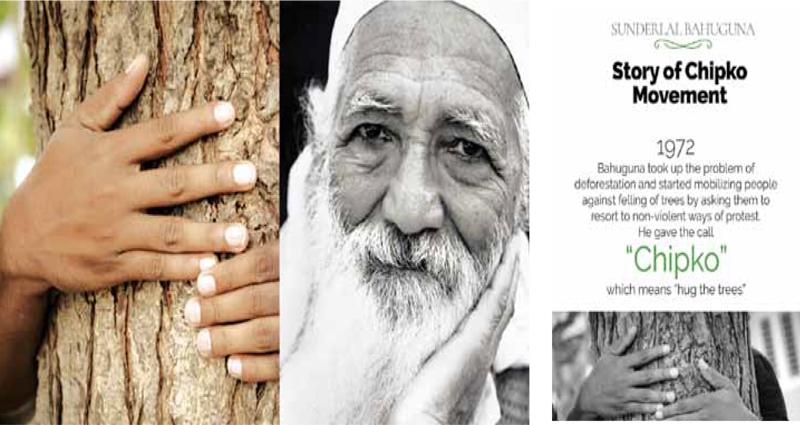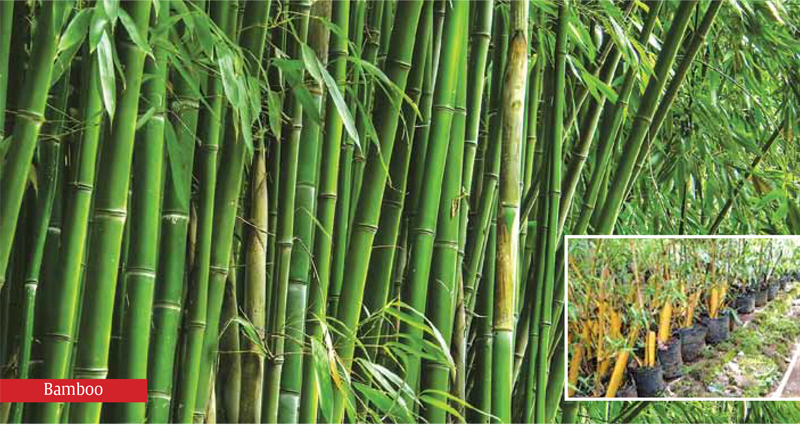
By : Mukesh Sharma and Tehlu Singh
Biodiversity Conservation : A Choice or Need of Time?
Biological diversity or biodiversity is defined as a variation in life forms present on our mother earth. It influences the survival and evolution of living organisms since life had formed on earth about 3.77 billion years ago. Biological diversity is classified into three levels: genetic, species, and ecosystem. Genetic diversity is measured as the variation in the gene pool of species, subspecies, and populations. Species diversity includes the number of different species present in an ecosystem and the relative abundance of those species. Ecosystem diversity is defined as the
different types of ecosystems found in a region.
Biodiversity plays a significant role in sustaining the function and structure of an ecosystem by regulating biomass, nutrient content and cycling, species, and complexity. All species rely on each other to fulfill their need for food, reproduction, and cover. For example, humans depend on diverse animals and plants for various ecological services such as provisioning (food, medicine), regulating (water filtration, climate regulation, decomposition), supporting (nutrient cycling and photosynthesis), and cultural (recreational and aesthetic). Unfortunately, a dramatic shift in ecosystem degradation, damage, and destruction caused by human activities negatively impacting global biodiversity. In the last five centuries, 900 species had already gone extinct. The current
species extinction rate is 1000 to 10,000 times higher than the natural extinction rate, leading to a catastrophic decline in local, regional, national, and global scales of biodiversity. It will have a direct and indirect devastating impact on the survival of human beings due to a reduction in food production, climate change, diseases, disasters, etc.
The two main factors threatening our environment and natural resources are the extensive growth of the human population and the increased demand for resource consumption. They have caused
significant expansions and developments in industrialization, urbanization, farming, hunting, deforestation, water, energy extraction, and transport. These stressors pose a risk of extinction to our
biodiversity due to habitat loss, reserves overexploitation, the spread of invasive species, pollution, sea-level rise, global warming, and climate change. Moreover, the decline in the availability of suitable habitats for wildlife has given a severe rise to human-wildlife conflict around the globe. At present, our planet is facing a global crisis for species extinction; around 1 million species are recorded at risk of extinction. In India, the rapid development, wildlife habitat loss, and poaching have added 132 species as critically endangered and 300 species as endangered in the Red List of the International Union for Conservation of Nature (IUCN).

A cost-efficient solution for the mitigation and co-existence of human wildlife conflict is to create mass awareness and education in our local urban and rural communities. Our government
needs to take strict actions to reduce and stop habitat destruction, population growth, and poverty. Similarly, people must consider their moral responsibility to participate in biodiversity conservation actions and programs and start adopting an eco-friendly lifestyle on the principle of four Rs – Rethink, Reduce, Reuse, and
Recycle.
As per the 2021 Food Waste Index Report of the United Nations, 17% of the food produced in the world is wasted each year, near about 931 million metric tons. Therefore, we need to understand and inform the impact of varieties of resources (food, fuel, and goods) we consume from their production, deliveries, use, and disposal on our species and ecosystem. People must rethink their primary survival needs, reduce overconsumption of natural resources, reuse, and recycle the manufactured goods. Make a habit of reminding yourself that every time you follow four Rs – Rethink, Reduce, Reuse, and Recycle; you contribute to conserving our biodiversity and securing the future of our coming generations.
Let us take a pledge together to live and support a sustainable life to minimize the human footprint on the earth and protect our species, air, water, and land




